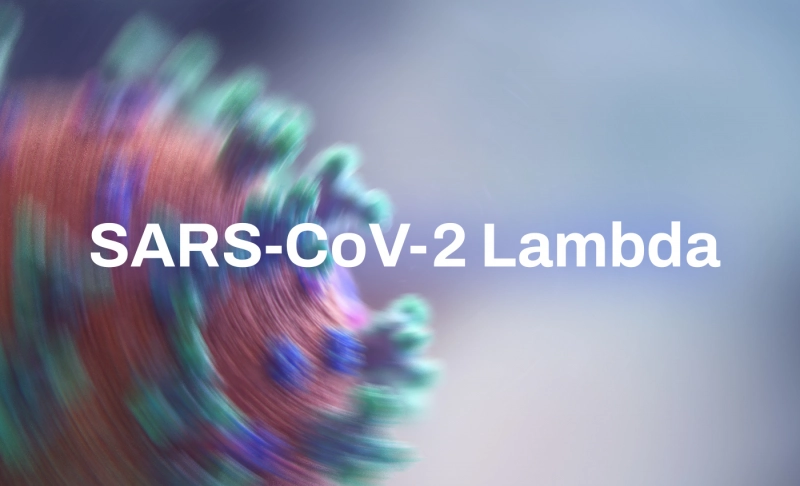By: Annie Priya
July 12 2021
Misleading: The World Health Organization declared the Lambda variant of COVID-19 as a "Variant of Concern."

The Verdict Misleading
The COVID-19 strand was first discovered in Peru and is classified as a Variant of Interest (VOI) by the World Health Organisation (WHO).
The COVID-19 strand was first discovered in Peru and is classified as a Variant of Interest (VOI) by the World Health Organisation (WHO). Several new strains of the coronavirus have been detected since the start of the COVID-19 outbreak in 2020. The Lambda variant, also known as C.37, was first identified in Peru in August 2020. On June 14, WHO designated the variant as a global "Variant of Interest," naming it "Lambda." According to Live Science, a variant of interest, or "VOI," can be defined as a variant that frequently appears in various communities. These variants have mutations that produce some changes in the virus, such as atypical symptoms. The term "Variant of Concern," or VOC, is only specifically used when reliable data shows that the variant has an increased transmissibility rate. Meanwhile, C.37 was detected in 81 percent of COVID-19 cases in Peru that underwent genetic sequencing. In Chile, the variant was detected in about one-third of COVID-19 patients. Further, officials monitor the lambda variant as it carries several mutations that could likely aid its spread. So far, lambda has been detected in 29 countries across the world, including North and South America, Europe, and Oceania. Therefore, the Lambda variant of COVID-19 is not yet classified as a "Variant of Concern" due to a lack of evidence on its transmissibility. The COVID-19 pandemic has given rise to a lot of potentially dangerous misinformation. For reliable advice on COVID-19, including symptoms, prevention, and available treatment, please refer to the World Health Organization or your national healthcare authority.


